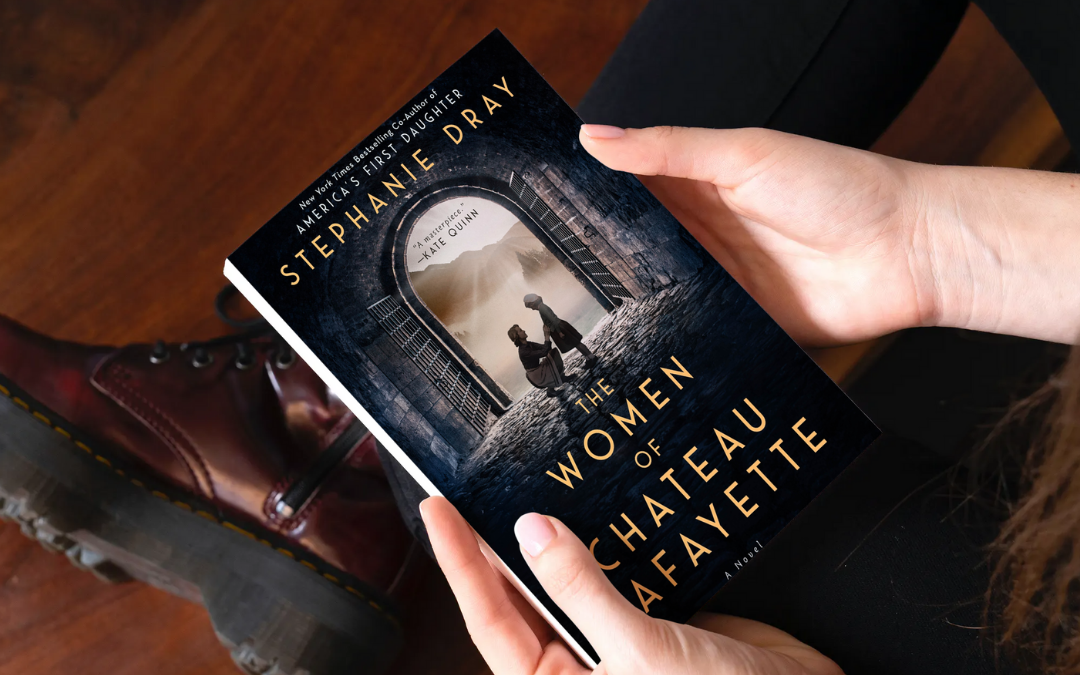Book signings. What aspiring writer doesn’t fantasize about sitting behind a towering pile of books surrounded by adoring fans, scribbling one’s John Hancock across a clean page. It’s the stuff of dreams and fairy tale snow castles.
And today I received an email from an excited new author asking for advice on how to handle her first book signing. So, naturally, I’m going to smash those dreams and fairy tale snow castles to pieces.
You see, I’ve done a book signing or two in my day, and they’re all different as snowflakes. I’ve had signings where readers eagerly line up and gush excitedly about my books.
I’ve also had signings where people hurry by a sad, empty table with their eyes averted so that they don’t have to buy the book…or witness my shame.
We authors aren’t supposed to admit that the latter ever happens, but it does, and it’s really best to think of it as part of the gauntlet of a successful career. So, here are my tips for how to handle a signing whether you’re going to be mobbed like a rock star or be forced to wearily direct confused looking customers to the bookstore bathroom:
Dress for the occasion. That sounds obvious, but the clothes you should wear to a wine and cheese literary event at the museum can and should be different than what you wear to an outdoor book festival in the middle of August. As it turns out, a sweat-soaked silk blouse is a lot less professional than a breathable cotton tee. Lessons learned. But whatever you wear, make sure it’s something in which you don’t mind being photographed and tagged on Facebook.
Be Prepared with Water. If the signing is good, you’ll end up doing a lot of talking. Way more than you expect. And water will be a necessity. Even if it’s a bad signing, you’ll want the water to seem like you’re doing something and to hide your tears.
Bring a Sharpie Pen. It’s sort of hilarious that I give this advice since my co-author Laura Kamoie always has to lend me her pen and bring extras in case I forget, which I always do. It’s important advice though, so maybe I’ll add, bring a pen or a friend who always has an extra.
Have Something To Give Away. What, the life’s blood that you poured into your book isn’t enough? Well, when you’re sitting there awkwardly and aren’t sure what to say to passersby, drawing them near with candy, charms or other goodies eases the tension. So consider it an investment in your own comfort. Also? Isn’t it great to surprise someone who buys your book and gets it signed with some goodies to take home too?
Prepare an Elevator Pitch. What’s your book about? You’re going to get asked this question a lot, if you’re lucky. Have a quick and easy answer that is no more than one sentence. Two at the most.
Give People A Chance to Buy Later. Book signings are primarily for readers who are already excited about your book and want a signed copy. Giving the hard sell at a signing table works great for some authors, but others might no be so comfortable. That’s why it’s always good to give potential customers both an in and an out. Let them walk away with a bookmark or excerpt book with all the information they would need to buy your book another time. They might just do it!
Sell Your Neighbor. If you’re at a book signing next to other authors, it not only creates good will, but eliminates the weirdness of bragging if you pitch your neighbor’s books to customers and they do the same for you. I first learned this kind and effective technique from Mary Burton, and her grace and class has served as an inspiration to me ever since.
Take Pictures With Readers. You’ll want them for social media. They’ll enjoy having a picture with you. And the book store or venue might appreciate them too.
Bring A Friend (Or Human Cash Register). Moral support is important. And I’ve been blessed with some of the best supporters in the world, including my long-suffering spouse and my dear author friend Christi Barth who always volunteers to metaphorically hold my hand at events and signings, and to take pictures. If you’re selling your own books, it’s handy to have someone else run the cash box. It’s too hard to talk to readers, make change, and keep track of prices all at the same time. Plus, having someone else handle the money decouples the commercial relationship from the creative one for you and the reader.
Sign the Stock. If you’re signing at a book store, always volunteer to sign leftover books. Books that are signed are more likely to be purchased and less likely to be returned.

